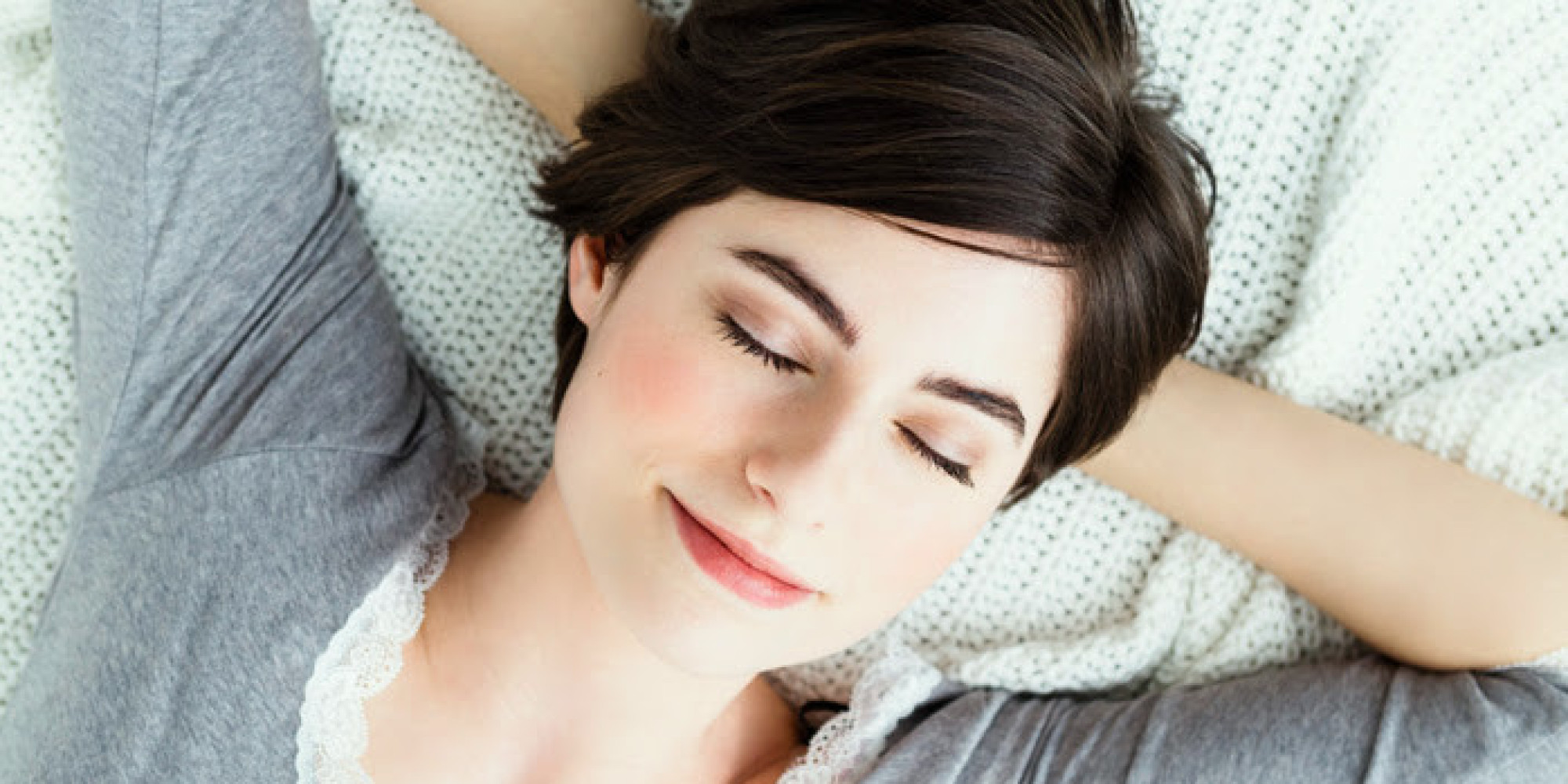Some women have trouble staying asleep, and a new small study may shed light on why.
Women's internal, or circadian, body clocks run at a faster pace than men's, according to the research.
It's as if women operate in a different "internal time zone," said study lead author Dr. Diane Boivin, professor of psychiatry at McGill University in Montreal.
"They go to bed at a later biological time because their clock is shifted earlier, eastward," Boivin said.
Boivin also directs the Centre for Study and Treatment of Circadian Rhythms at Douglas Mental Health University Institute in Montreal, a McGill affiliate.
The way women sleep throughout the 24-hour circadian day also outpaces men, the study showed.
Boivin said these two findings explain why women's sleep-wake cycle runs about two hours ahead of men.
Women are more likely than men to report insomnia at least a few days a week and experience daytime sleepiness, according to the National Sleep Foundation, a U.S.-based nonprofit organization.
What makes this new study unique is that the researchers controlled for women's menstrual cycle phases and hormonal contraceptive use. Reported sleep differences occurred regardless of hormonal changes, which can affect sleep, the study authors said.
"Even though the study is small, it definitely adds knowledge to our scientific literature on sex differences in sleep in context of circadian rhythm," said Monica Mallampalli, vice president of scientific affairs at the Society for Women's Health Research in Washington, D.C.
Jennifer Martin, associate professor at the David Geffen School of Medicine at the University of California, Los Angeles, suggested: "Perhaps women are predisposed to having insomnia based on their circadian phase."
"In the face of similar stressors, women are more likely than men to experience poor sleep as a result," Martin said.
The study was reported Sept. 12 in theProceedings of the National Academy of Sciences. It involved 15 men and 11 women, about 25 years old, on average.
Over a 36-hour period, participants were isolated in a windowless room where researchers controlled their exposure to light and monitored changes in core body temperature, melatonin levels, sleep and alertness.
(Karen Pallarito,webmd.com)
Fuente: : www.webmd.com
